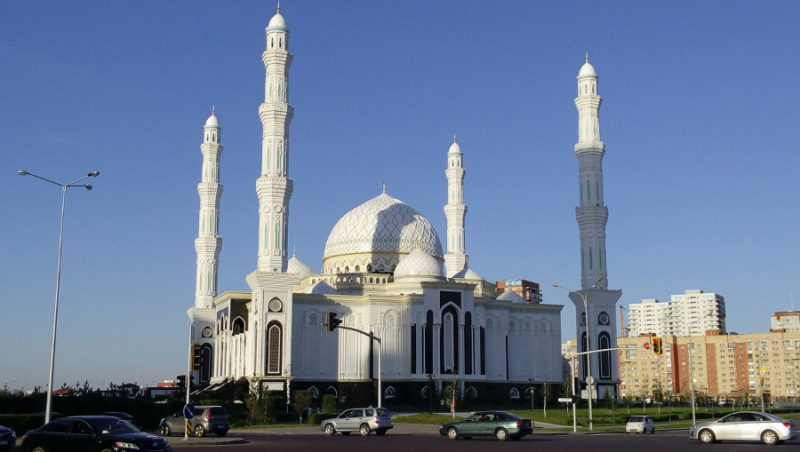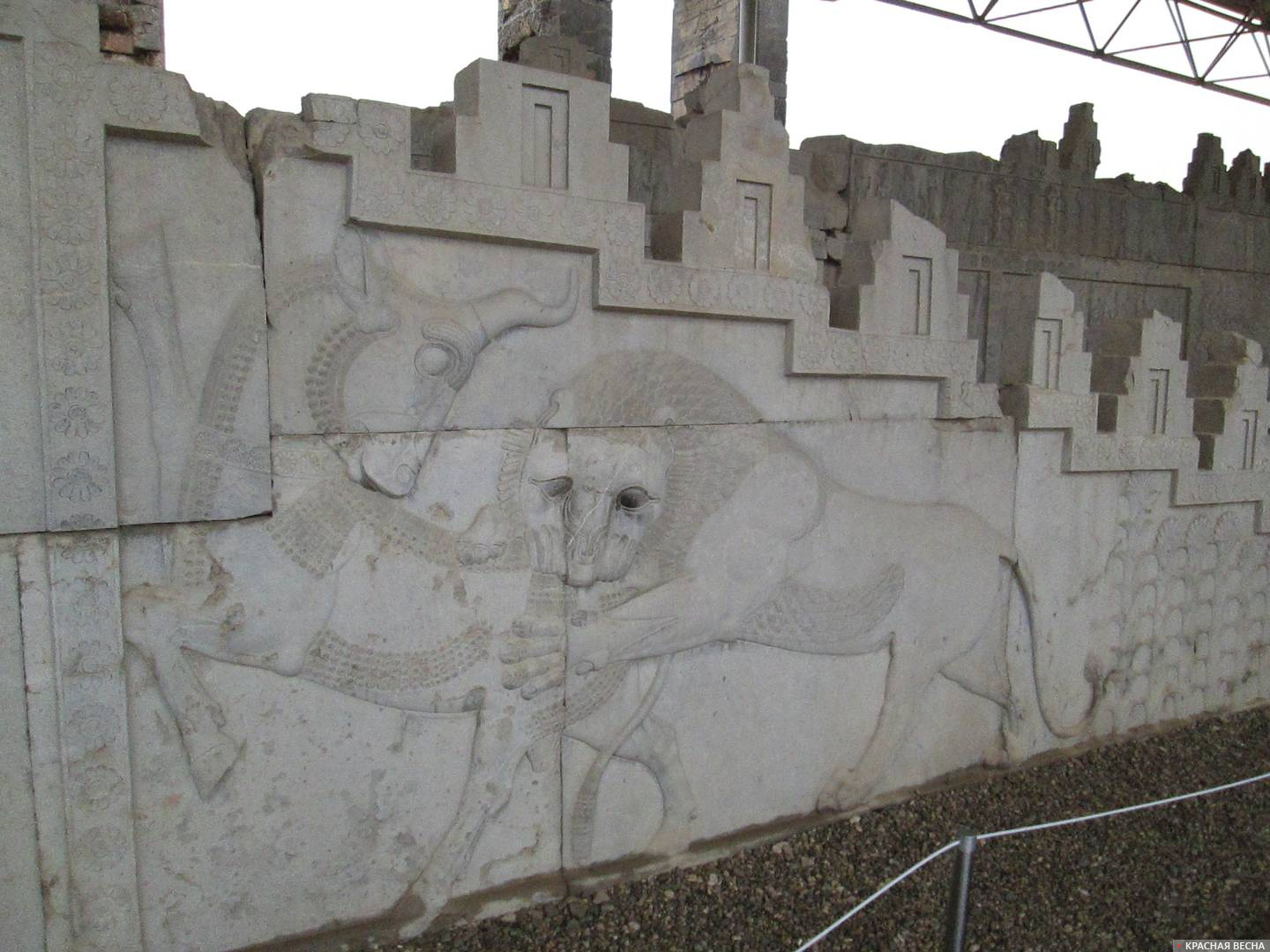30.06.2017, Kazakhstan.
Nursultan Nazarbayev, President of Kazakhstan, signed a decree that defines the concept of state policy in the sphere of religion for the period from 2017 to 2020, the official website of the Kazakh President reported on June 28.
The Concept outlines strategic goals and main directions of state policy in regards to religion. It develops guidelines for the further evolution of the Kazakhstani model for cooperation between the state and religious denominations, and cooperation between different denominations in the state of Kazakhstan based on the unique characteristics of the Kazakhstani people’s historical and cultural heritage.
The main objectives are improving the relationship between the state and religious denominations, and between different denominations; strengthening the secular foundations of the state, and preventing the use of religion for destructive purposes. Moreover, the Concept emphasizes that “some part of the population mistakenly interprets secularism as atheism.”
The need for such special measures is explained by the growing risks and threats of inter-religious and inter-denominational tensions imported from the outside of the country, the spread of religious extremism and terrorism, and active growth of radical religious movements in Central Asia. The Concept notes that religious fanaticism and radicalism have a “destructive influence on thoughts, feelings, and actions of people who literally perceive and follow false religious dogma, motivating them to commit crimes in the name of faith.”
Additionally, Kazakhstan has seen “an increase in religiosity of the population in recent years. Many religious traditions turn into a popular trend, ” characterized by“external manifestations of piety, and interest towards the public side of the religious life.” This increases the “risks of radicalization of young people who turn towards religion, but are ignorant of religious teachings, and for this reason easily subjected to destructive influence.”
The press service of the Ministry for Religious Affairs and Civil Society of Kazakhstan emphasizes, “Forming an immunity among citizens towards destructive religious ideology plays an important role in the fight against terrorism and religious extremism. To this end, it is proposed to actively involve representatives of non-governmental organizations, artists, and athletes for public information outreach.”
Kazakhstan is experiencing serious problems with Islamic radicals. In the summer of 2016, they attacked gun stores and a military base. During the winter, several illegal oil smugglers were arrested together with the group of radical Salafi extremists who provided them with protection. Law enforcement agencies regularly detain members of armed terrorist groups who spread extremist religious ideology.
Source: Rossa Primavera News Agency




